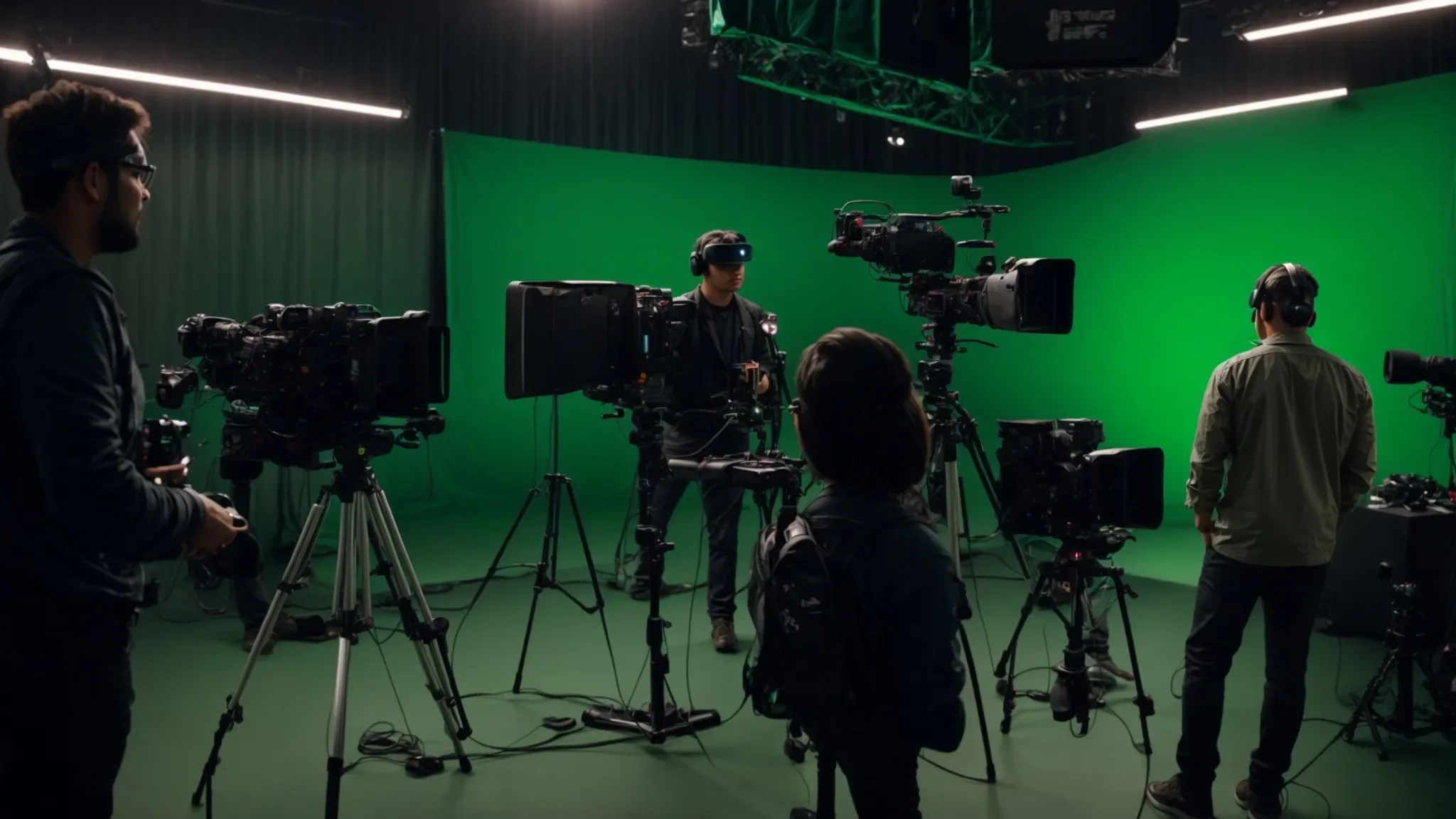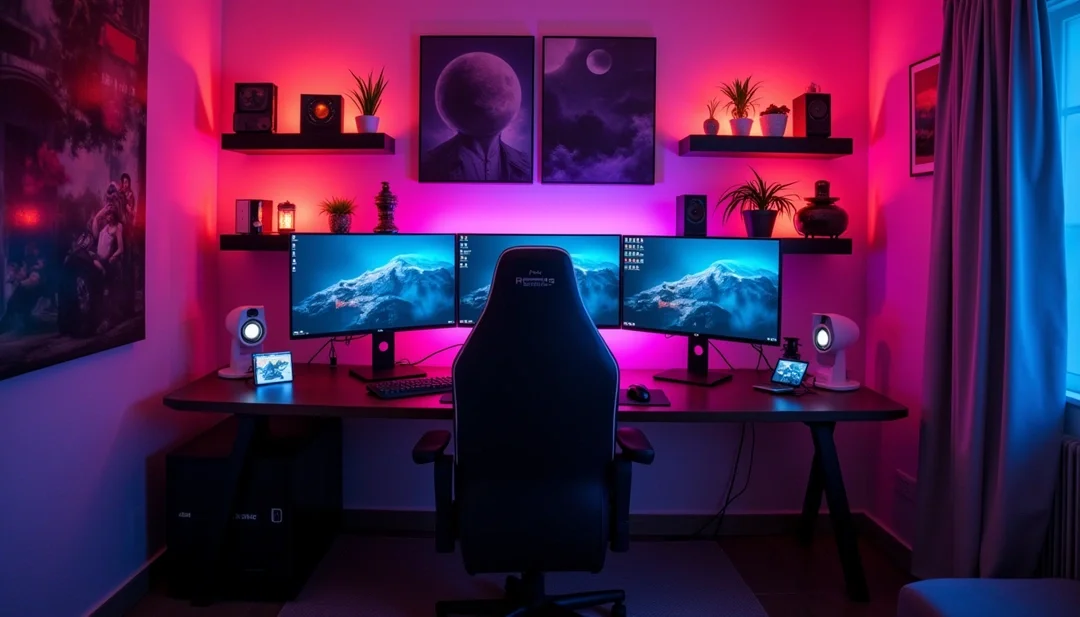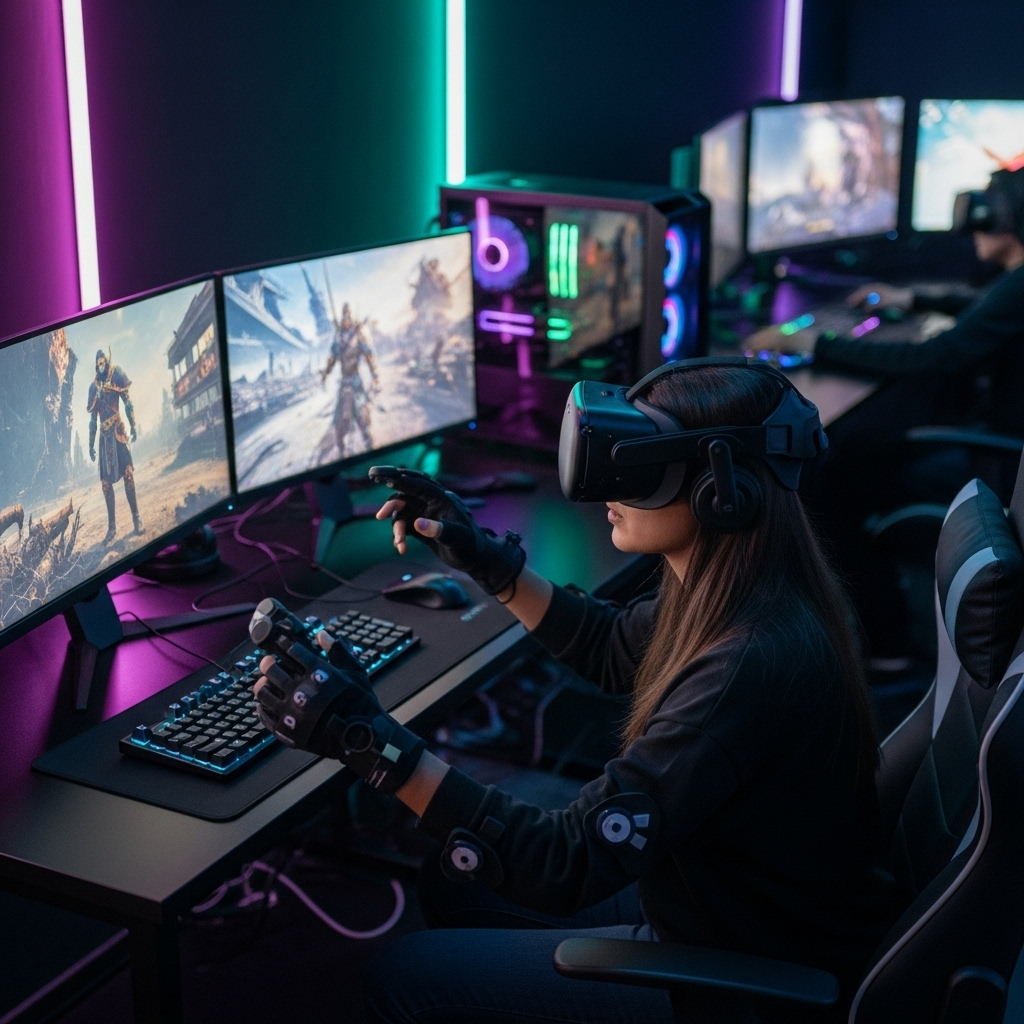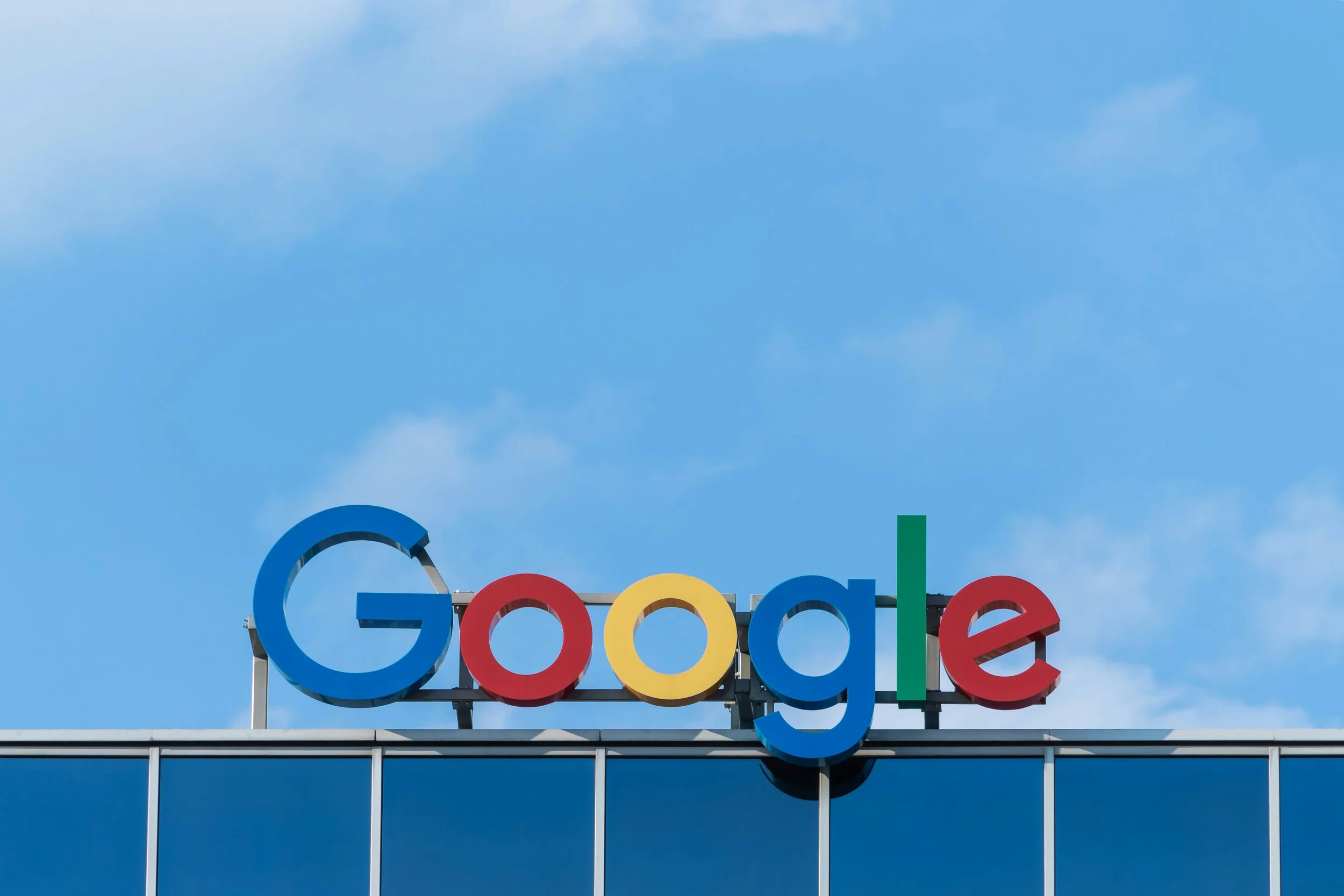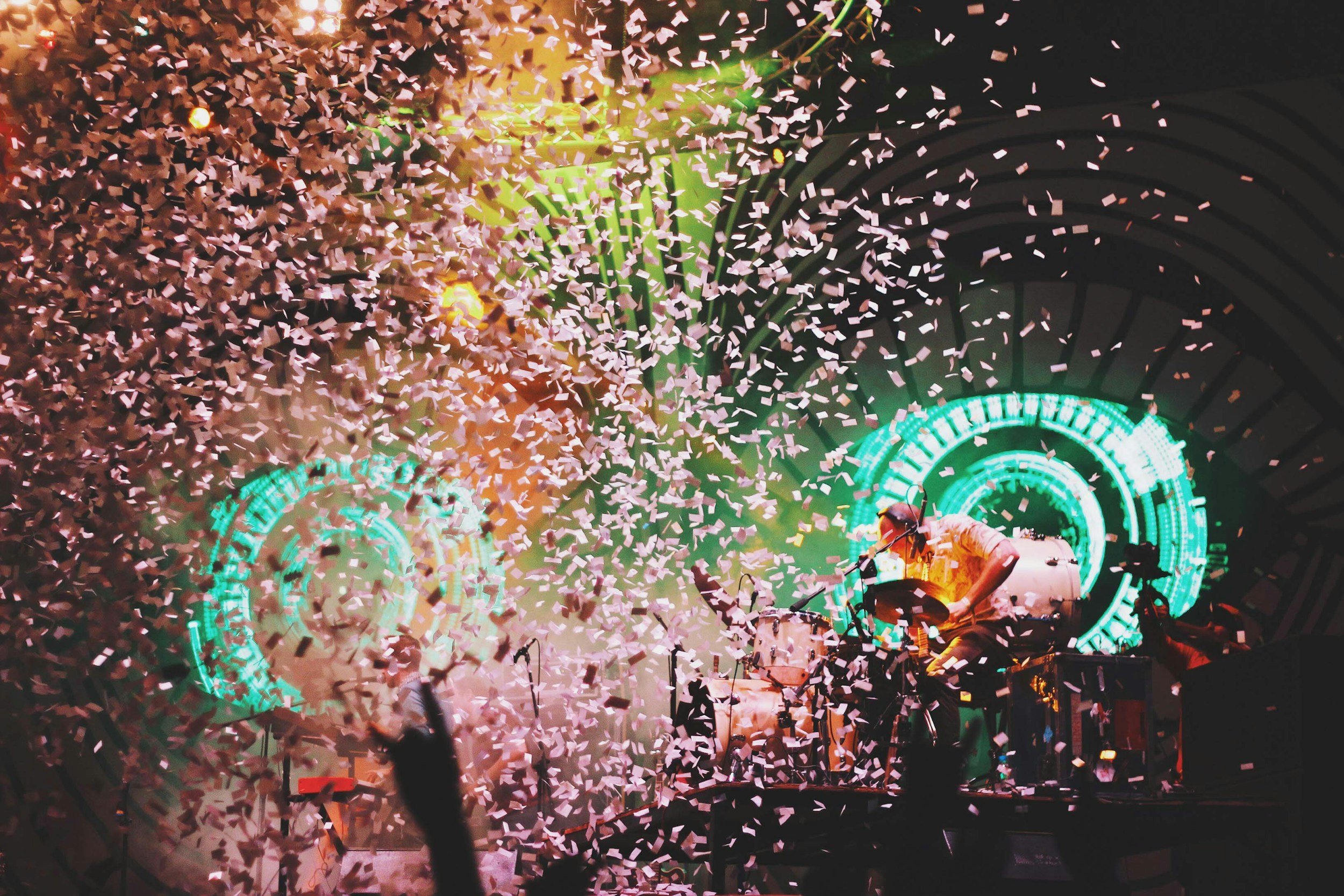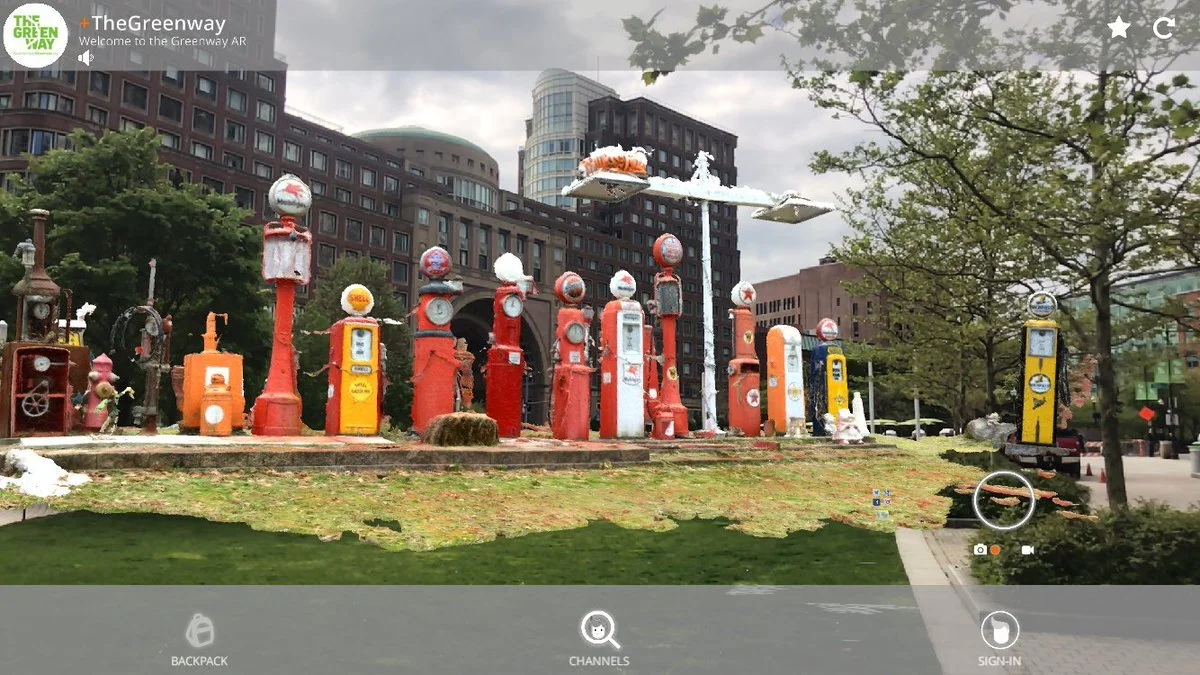This article explores how extended reality (XR) - including augmented, mixed, and virtual reality - is reshaping acting training by layering immersive technologies onto long-established methods like Stanislavski-based technique and the Method. Drawing on examples from Basrah to Juilliard and Odin Teatret, the piece shows how XR can deepen character work, expand dramaturgical research, and personalize feedback through data-driven simulations. At the same time, it raises urgent legal, ethical, and social questions around biometric data, FERPA and HIPAA protections, digital Blackface, and harassment in virtual spaces. Rather than treating XR as a magic solution, the article argues that thoughtful pedagogy, clear institutional policies, and equity-minded design are essential if these tools are to support - not replace - human-centered theatre education.
Your 2024 Favorite Reads
August News: From Games and Museums to Consumer Protection Policies
Did you catch this month’s headlines in tech and the arts? Advancements in technology make new opportunities for creators and consumers alike. Policy to support transparency in device repair and use of AI may help users make informed decisions. Meanwhile, a landmark Google antitrust ruling supports competition in the search engine market.
Consumer Habits and Wants in AR, VR and the Metaverse
Researchers conducted surveys and industry expert interviews to understand current and future consumer demand for AR, VR and Metaverse entertainment options. The survey indicated that consumers were most interested in using AR and VR to enhance experiences in concerts, educational content, and gaming. Respondents also indicated that they were interested in joining the metaverse to participate in social experiences and to attend live music events. The research unveiled generational differences, emerging opportunities, and trends to follow to best meet consumer demands.
The Potential Market for AR, VR and the Metaverse
Even though VR, AR, and the metaverse are already a growing part of the consumer
marketplace, it is still important to define these relatively new technologies since they are not yet
mainstream. VR technology enables users to immerse themselves in and “interact with a
computer-generated environment, a simulation of the real world or an imaginary world” (Akbari
et al, 2022). In contrast, AR technology incorporates digital elements or objects into the real-
world environment in real-time (Akbari et al, 2022). The VR market is expected to generate a
global revenue of $20.8 billion, and the AR market is projected to grow to $31.3 billion by 2027
(Statista, 2022a). The market projections indicate the potential growth and opportunities in these
immersive technologies.
Survey Results: Audiences and Generative AI and the Comic Book Industry
Studies focused on the “artistic” aspects of generative AI reveal negative bias, and a preference for human creations. None of these studies, however, account for the multimodality of comic books: text and image. Is a human-written story a mitigating factor for readers? Is it feasible for writers to become “AI comic book artists" or will consumers drive AI imagery out of the market altogether? Given the multitude of information making it difficult to discern how comic book consumers perceive AI imagery, the following provides first-person research by generating an AI comic and conducting a survey on unsuspecting comic book customers.
Generative AI Text-to-Image: Artist, Audience and the Comic Book Industry
As little as ten years ago, the capabilities of image generators were mere fantasy. Now, images can be made in seconds or minutes and children’s books can be generated in an hour, but how will this impact an industry where the art is at the forefront of consumers' minds? Comics, whether they be digital or print, have been heavily dependent on individual or small groups of artists to weave together stories. The ease of using AI to replicate that work may not be simple.
The Impact of Prestige TV on Streaming Television's Storytelling and Execution
he current era of television feels most like the decade preceding ‘New Hollywood’ in the 1970s, the fall of big budget movie musicals and an industry wide scramble to find out what comes next. Television is in some ways returning to the old model with commercial breaks and digital bundles, but television as a medium and an industry has been forever changed by the birth of prestige television. The lessons that are learned from this time will likely dictate the next fifty years of American television.
DAF Punks Part Two: Beyond Simple Giving, A New Model for DAFs
With little success in larger-scale government oversight so far, it begs the question: how is the marketplace for DAFs changing and innovating in the response to these singularizing criticisms? Is the market listening and self-correcting as a way to preempt such legislation? Given the broad variety of DAF sponsor organizations, it is evident that the field, while large, is not a monolith and deserves to be measured at its innovative margins. Newer sponsors have revealed themselves to be particularly aware of the controversies yet remain focused on the opportunities these accounts provide and are demonstrating new approaches to DAF sponsorship aimed at greater payout rates and democratization of their platforms.
DAF Punks Part One: How Tech-Fueled Disruptors are Reshaping the Role of Donor Advised Funds
While institutional philanthropy is in a boom-time, foundations have not monopolized such growth. The renewed interest in donor advised funds (DAF) since the pandemic has triggered meteoric growth in the amount of assets stored in DAFs, with recent figures showing over $229 billion stored across 2 million DAF accounts, receiving roughly $86 billion in annual contributions, and granting nearly $52 billion in 2022.
TikTok — to Ban or Not to Ban
As previously foreshadowed by Samantha in an article written in July of 2023, TikTok: Opportunity and Risk, TikTok has been under a microscope from governments across the globe for quite awhile. The analysis provided in her article is still relevant today given the recent vote to ban TikTok, and the United States House moving forward to force Chinese state-owned TikTok company ByteDance to sell their ownership of the U.S. version of TikTok, or lose access to the United States TikTok market. To fully understand the situation, this article will recap TikTok’s controversial Privacy Policy and the 2023 testimonies, and also discuss the current governmental situation surrounding the ban.
Digital Strategy: Not Optional Anymore
Digital strategy has become a buzzword after the explosion of AI in the last 18 months. Yet, it is not about AI. AI has been the tipping point for organizations and professionals to recognize that they must update or create a digital strategy for success. Digitally-forward arts organizations already have a digital component as part of their strategic plan. Read more to understand the need for technology to be a core component of strategic plans and operations.
VR and the Evolving Role of Curators and Museum Professionals
In recent years, virtual reality (VR) has emerged as an engaging tool for museums, offering visitors immersive and interactive experiences that go beyond traditional exhibits. However, while VR promises enriched engagement, museum professionals still face multifaceted challenges. So far, most of the research conducted has focused on how museums utilize VR to attract more visitors and, as a result, raise their revenue. But VR is not only about that. Museum professionals and curators face multiple challenges that include integrating technology, curating content, and maintaining the authenticity and educational value of exhibits while meeting the demands of modern-day audiences.
AI and Art Auctions
Although art auctioning is a long-established and time-honoring form of trading, the method and fashion of art auctioning are also challenged and transformed to reflect the needs and trends of each era. In this technology-driven era, specifically in the age of AI, in which all fields of profession and markets are being affected, the world of art auctions is also being transformed at a rapid speed.
Calculating and Reporting Emissions in the Arts
The planet is experiencing the impacts of climate change, and global leaders are prioritizing critical action. In 2015, 196 countries signed the Paris Agreement, which committed to keeping global temperature rise well below 2 degrees celsius above pre-industrial levels (Paris Agreement). It further prioritized keeping temperature rise below 1.5 degrees celsius, the level at which scientists predict the most severe and irreversible impacts may be avoided. To remain below this critical threshold, greenhouse gas emissions must peak before 2025 and be reduced by 43% by 2030.
The Intersection of Equity & XR in Museums
XR is an exciting venture for museums for a variety of reasons ranging from stretching the limits of exhibition possibilities to expanding access and elevating the transfer of knowledge to an interactive, long-lasting experience. But how can museums thoughtfully incorporate XR into their programming, aligned with the sector’s increasing awareness and incorporation of equity goals?
How AI is Leading the Textile Industry to a New Lease on Life?
Artificial Intelligence (AI) has evolved from a concept in science fiction to an essential component of everyday life. With the AI software market expected to surpass well over $200 billion, its extensive impact is unmistakable. This article will delve into the deep relationship between AI and the textile industry, highlighting how AI is transforming this age-old craft in line with the sector’s rapid growth.
Top 10 Articles of 2023
AI-Generated Images: Can We Even Trust Photography Anymore?
How President Biden's Executive Order Might Affect Artists and Arts Organizations
On Monday, the headlines were ablaze with President Biden’s executive order addressing safe, secure, and trustworthy Artificial Intelligence. At 111 pages, the order offers a breadth of policy frameworks and standards creation that affect government operations and industry reporting. However, several areas of note have a direct potential impact on the work of artists and arts organizations: Watermarks of content authenticity, Copyright, and Labor.

